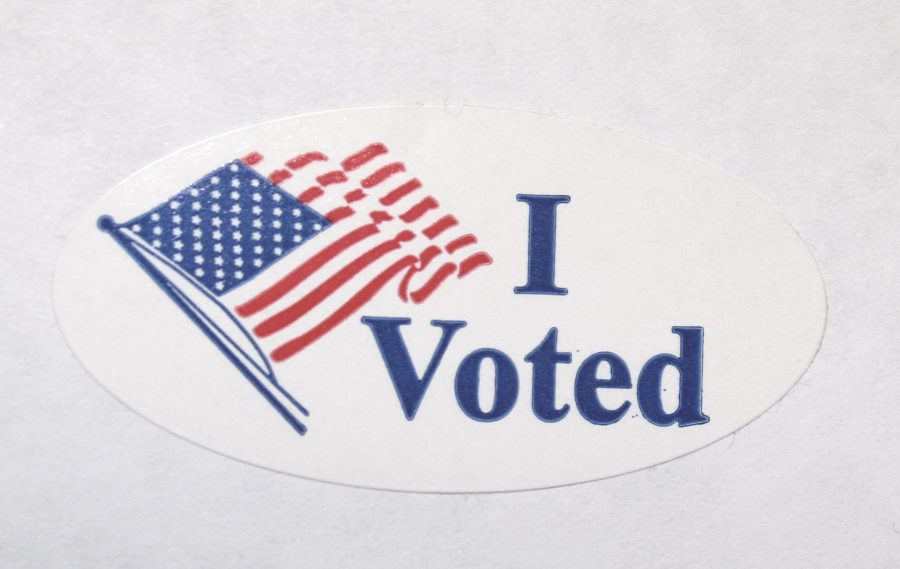From marching to penning opinion articles, scientists, STEM students and their allies have been coming out in droves in support of science and science-based policymaking in regards to climate change, environmental issues and healthcare. While these are necessary means to attract the attention of the public and policymakers, students should not forget the greatest power they have over their legislators: the power to vote.
In a presidential administration unwelcoming to science and evidence, science has become more political than ever. For example, President Trump recently refuted a comprehensive report of the Puerto Rican death toll in the aftermath of Hurricane Maria, tangling the web between scientific integrity and political clout. It goes without saying that we are now living in a political era where science is increasingly under fire, which makes now more than ever the ideal time for STEM students to engage in the political process.
Unfortunately, as a group, STEM majors, don’t vote as much as other majors. Some attribute it to their lack of civic interest, while others say that they are simply less committed to social activism than other college students. And it shows — in the last midterm election, only 15.4 percent of STEM majors voted. In such a pivotal midterm election, it is critical that STEM majors turn out this November.
As an organization committed to science advocacy and outreach, the Vanderbilt Science Policy Group (VSPG) recognizes the need to energize STEM students on Vanderbilt’s campus to vote. Because science plays an important role on campus and across the country, it is vital for our community to engage in the electoral process to ensure that science-based policymaking is protected and advanced.
The role federal funding plays in forwarding the field of science cannot be overstated—it’s that important.
Chances are, a STEM student’s studies have significant overlap with many modern political issues such as the opioid crisis, healthcare solutions, climate change, election privacy and disaster prevention. Elected officials constantly debate these ideas, and for issues like remediating climate change or solving the opioid epidemic, STEM voices can be a deciding factor in the resulting policy. We’ve seen the power of STEM voters before, like when they successfully advocated for the removal of the graduate student tax from the 2018 tax bill.
For those enrolled or interested in graduate school, or planning careers in the lab, you will likely interact (if you haven’t already) with federal research funding. The majority of federal funding for research comes from the National Institutes of Health, the National Science Foundation and the Department of Defense. Additionally, someone connected to federal funding shapes nearly every finding that gets published. The budgets for each of these agencies are determined by the politicians you elect. The role federal funding plays in forwarding the field of science cannot be overstated—it’s that important. STEM fields rely on elected officials to continue funding these agencies, and, for STEM students, it is vital to make your voice heard on who you want in that role.
So, why not elect someone who stands for science? According to Rock the Vote, Tennessee does not require residents to have lived here for a certain amount of time before being eligible to register. This means that if you have an address here on campus or in Tennessee, you can go to govotetn.com right now and register to vote for the November elections. It’s that easy. And after you register, you can use Davidson County’s polling place finder to see where to go on Election Day or check out early voting dates. Or, you can request a mail-in ballot from now until Oct. 31. The deadline to register to vote in Tennessee for the 2018 November elections is Oct. 9.
Although at times it may seem disjointed, politics is intimately tied to science. It affects STEM students’ fields, research and even daily life, whether one is touched by rural health struggles, the opioid crisis, climate change or natural disasters. These policies matter, and STEM students must ensure the politicians who craft them support science.
Coleman Harris is a graduate student in the Department of Biostatistics. He is the Communications Chair of the Vanderbilt Science Policy Group, an organization which provides resources to advance science policy. He can be reached at [email protected].
Amrita Banerjee is a Ph.D. candidate in Cell and Developmental Biology at Vanderbilt. She is the president of VPSG. She can be reached at [email protected].

